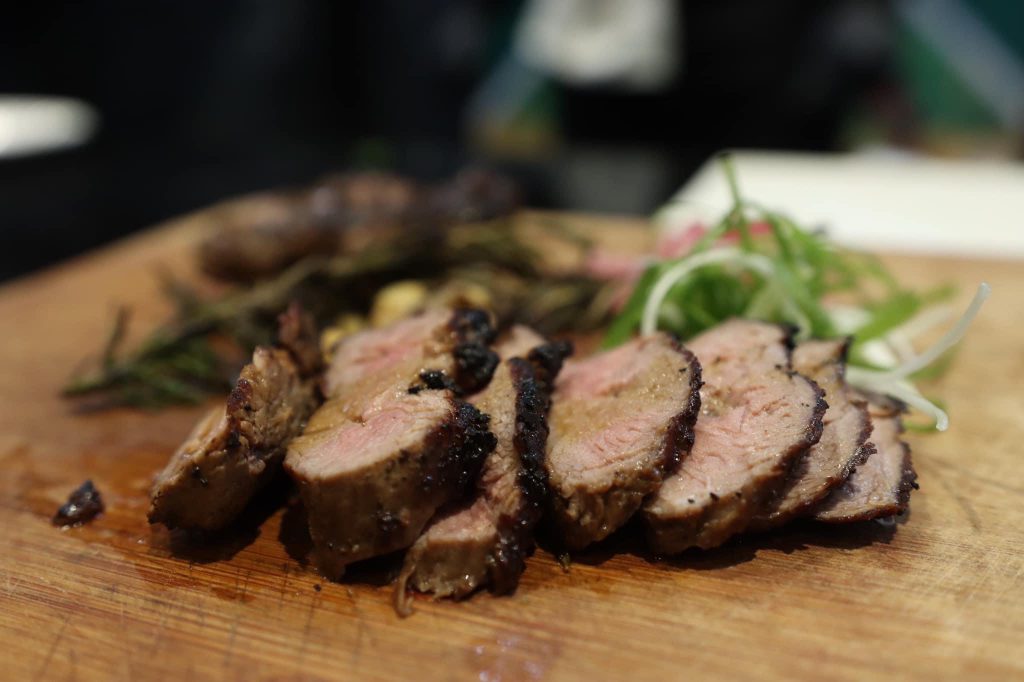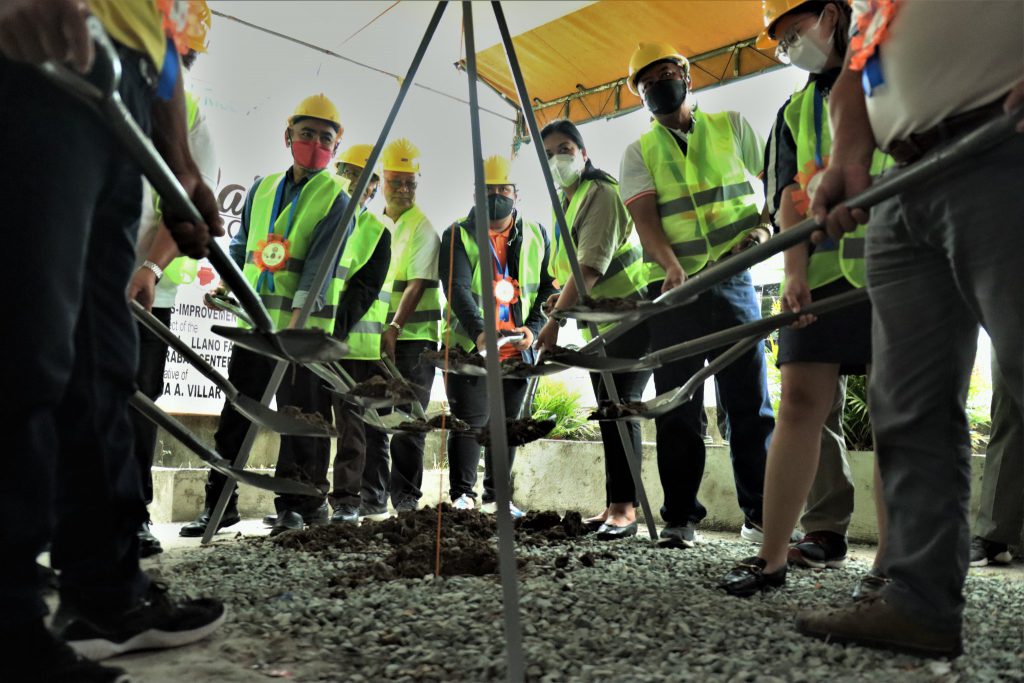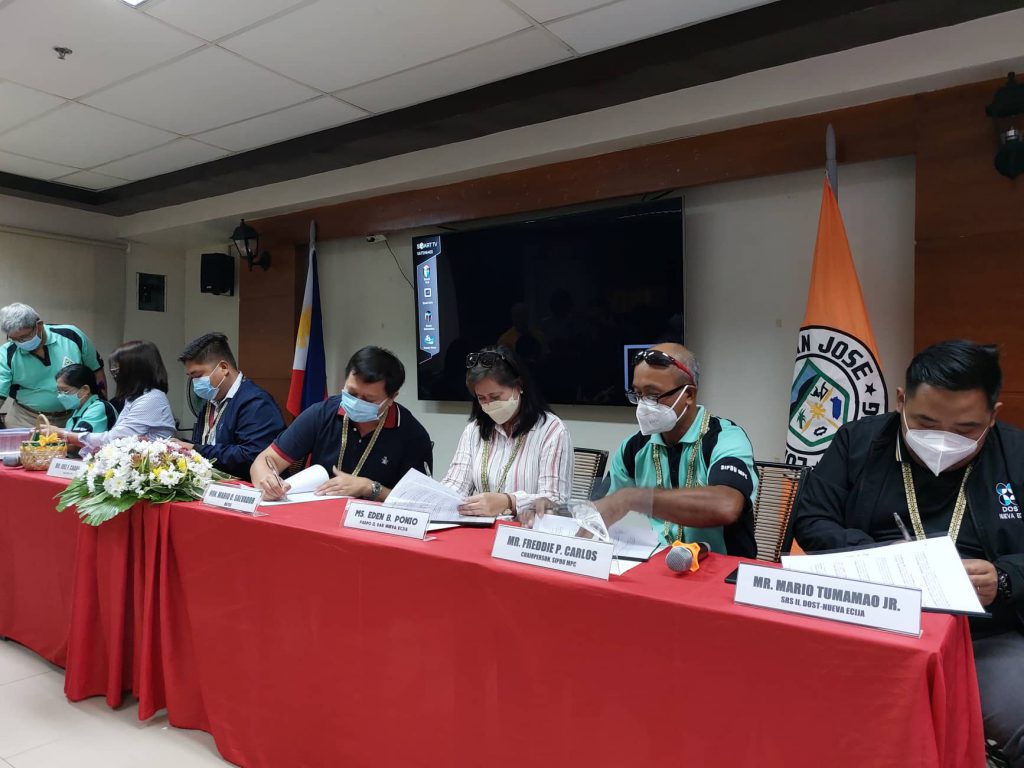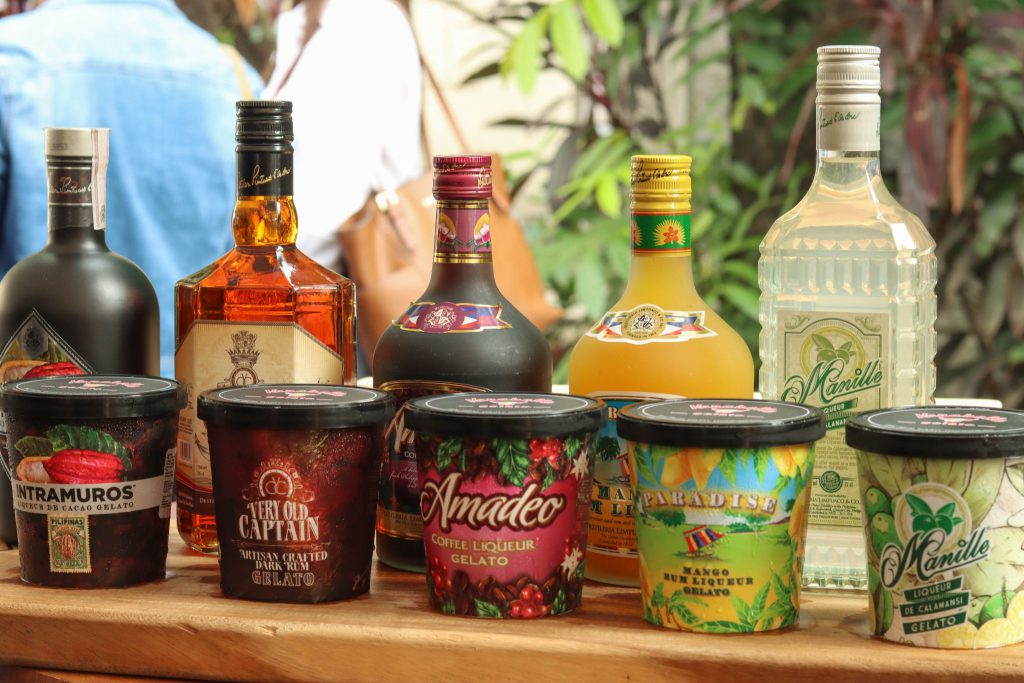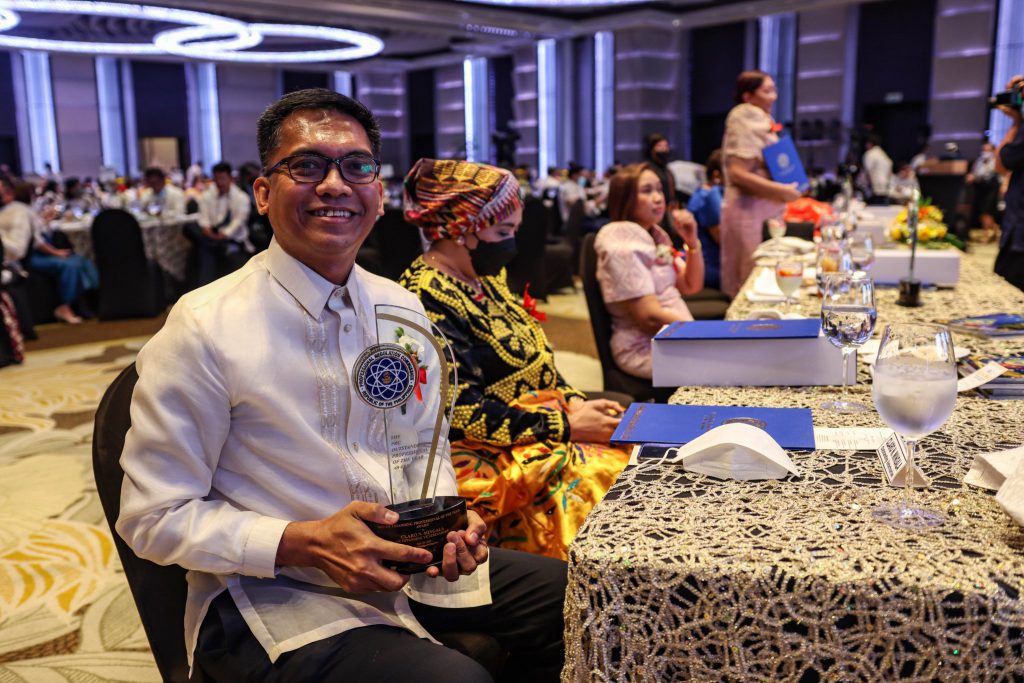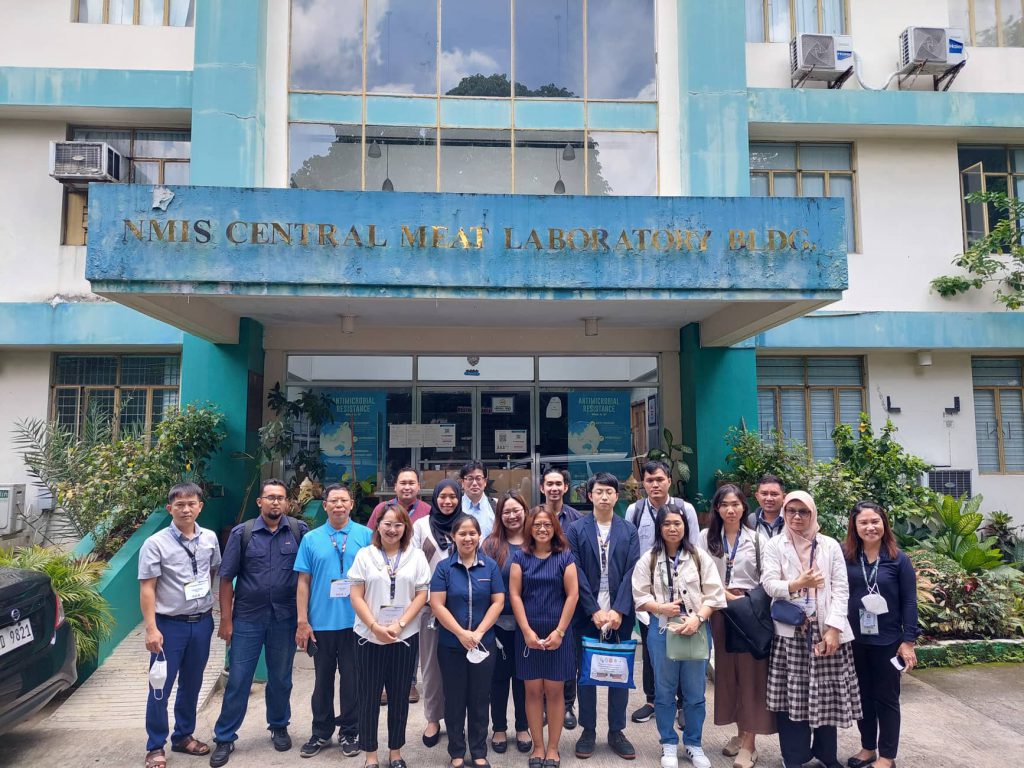In dispelling the myths and misconceptions that carabao’s meat is tough and darker in color, thus hindering market acceptability, the DA-Philippine Carabao Center’s (DA-PCC) experts stressed that buffalo meat can be equal to, if not better than, the more popular and widely accepted beef.
Attesting to this are the results of a series of studies conducted by the research team of the DA-PCC to compare the slaughter yields and carcass characteristics of crossbred buffalo and crossbred cattle at the same age and diet. It was found out that based on carcass quality evaluation, buffalo meat is comparable to beef in terms of carcass yields, processing traits, and sensory characteristics.
Dr. Arnel Del Barrio, former DA-PCC executive director, reechoed such findings in his presentation on “Potential of Buffalo Meat as Beef” during the Livestock Philippines Expo 2022.
“The DA-PCC promotes buffalo as a good source not only of milk but also of quality meat. If the male buffaloes are not fit for breeding, then they are qualified to be fattened and marketed for a good quality meat. The agency already has initiatives to develop a breeding program for buffalo meat production as well,” Dr. Del Barrio said.
As for the economic viability of carabao’s meat, the Head of DA-PCC’s Business Development and Commercialization Unit Zadieshar Sanchez assures potential investors of carabao fattening and Kardeli retail business that, through collaboration and available technologies, there is a ready market for their products and the economic potential of this venture is very promising.
Kardeli is the DA-PCC’s brand of premium carabao’s meat. It is available at the Milka Krem in the Science City of Muñoz, Nueva Ecija.
Sanchez was also invited as one of the resource persons at the expo wherein he tackled the economic viability of value-added carabao meat products.
“According to our ongoing study, there is a ready market for carabao’s meat and opportunities for this commodity are many. To fully realize this potential, more carabao fattening farms need to be raised,” he stated.
The DA-PCC has also conducted studies and breeding technologies for this purpose and ensures that the market is ready to absorb fattened animals that are about to be produced in the future.
To further prove the agency’s claims about the good quality of carabao’s meat, a cooking demo hosted by DA-PCC was also held at the Livestock Expo with Chef Francis Sibal, Executive Chef of CZ Ranch Restaurant.
Chef Sibal demonstrated how to cook different cuts of carabao’s meat featuring signature dishes from Kardeli’s cara-riblets, kielbasa and Hungarian sausage, and tenderloin steak. Immediately after, he offered a free sample of the prepared dish to hundreds of visitors who flocked to the booth to witness the demo.
“To see so many people shocked that what they were tasting was carabao’s meat only shows that there’s so much more room to grow for this local product. Don’t conform to the norm, carabao’s meat is more than just tapa, just wait and see,” Chef Sibal asserted.
The DA-PCC was among the roster of more than 200 exhibitors who showcased their products, services, technologies, and other innovations to more than 3,500 participants from all walks of the livestock industry during the three-day Livestock Philippines Expo 2022 held on August 24-26 at the World Trade Center Manila, Pasay City.
Senator Mark Villar graced the event and expressed his fervent support to help boost the livestock, poultry, and dairy sectors in the country.
“As a government official and legislator, I want to express my full support for this livestock summit and trade fairs. I believe it is through these trade fairs that we will quickly move to the development of our agriculture sector and the whole economy as well,” Sen. Villar said.
The Livestock Expo is considered to be the premier international trade platform for industry stakeholders. It is organized by the international exhibition expert group Informa Markets and is hosted by the Department of Agriculture.

